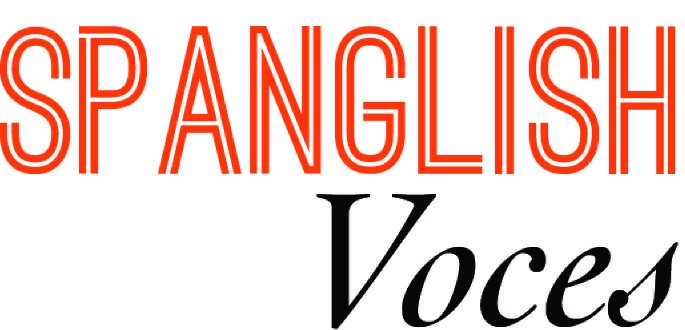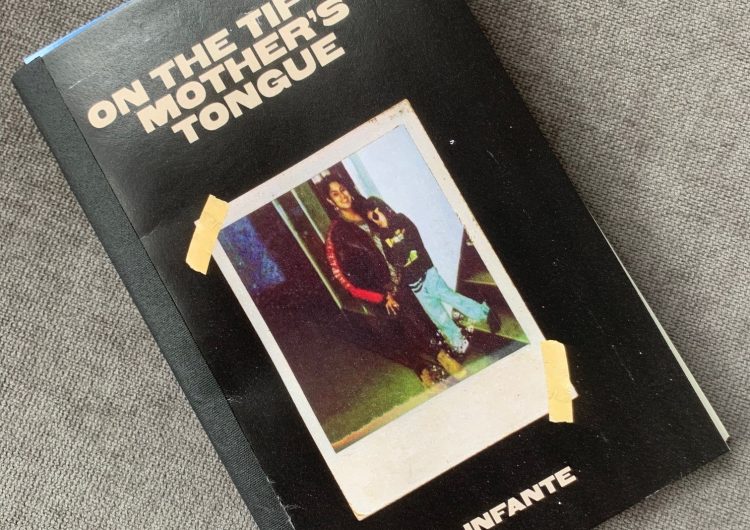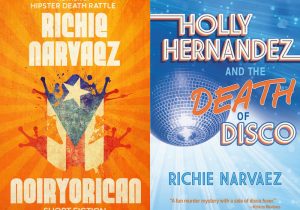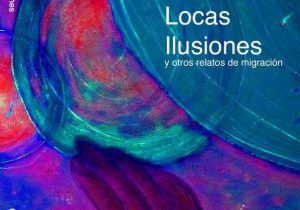A short story is a work of short, narrative prose that is usually centered around a single event, limited in scope as an introduction to such an event. In John Paul Infante’s On the Tip of My Mother’s Tongue, you can find a few events that connect multiple emotions and issues such as fear, the racial epidermal schema and the risks to mental health that exist in his community of Washington Heights in New York City.
JP, a teacher and writer in New York City, was the winner of the 2020 Thirty West Chapbook Contest. His debut chapbook On the Tip of Your Mother’s Tongue (Thirty West Publishing) was just released. The following is an attempt to share an analysis of the three short stories included in the chapbook.
Umbilical
In this story the author references fear —which gives way to a constant practice of survival— in an almost predatory sense. JP also shows how it becomes normalized due to the everyday experiences of violence and poverty. This story of the author’s fear of his mother, for her and others, is exemplified beautifully in the following line “I wasn’t scared of the driver or Mr. Castro, but for them.”
In that same vein, the quote: “you couldn’t tell if you were scared or cold or if there was a difference,” serves as a live example of the start of a child undergoing the process of being conditioned into normalizing fear and becoming numb by, in this case, both the fear and the cold. To read this and not feel a similar fear during the current housing crisis and violence against Black and Brown bodies honors what the author is alluding to: the numbing normalization of fear and violence.
With this story JP Infante delivers us back into the harsh realities that we have either faced or ignored at a personal or societal level. It is this fear of our own safety that morphs into one of the following two affections: helplessness (being attached to the umbilical cord) or courage (the cutting of the umbilical cord and detachment of acceptance).
Buying Cocaine
Within this short story the author touches on the idea of how associating Blackness with “wrongness” goes through the double process influenced by both the economic system (capitalism) and internalized racism. This is a view of the epidermalization of inferiority created by Whites to keep Black and Brown people down.
This story is a glimpse into a young adult perspective about the legacy of violence instilled by the colonizer through the annihilation of the body, psyche, and culture in the present day form of the drug culture. This culture allows the Whites to invade our space and violate our community. This is firstly present in the demarcation of space as a continuous invasion of one’s land or hood by los blanquitos to buy drugs. And secondly, by the violence of the colonized mind and body of a Black or Brown person as an attempt to retrieve dignity, sense of self, and history through anti-colonial struggle, in this case selling to the blanquitos. Unfortunately this struggle is simultaneously projected onto other Black and Brown people, usually those who might be worse off economically or slightly culturally different than them (e.g. Dominican-Haitian relations).
With the use of language that represents the reality of those of us who grew up in urban cities, JP paints a picture of a neighborhood flooded with drugs that led to the death of many Black and Brown bodies. And although many condemned the drugs’ harmful effects, JP’s piece allows us to reflect by looking straight into the mirror which leads to remember that many also justified it. The drugs led to the economic gains that permitted our youth to play basketball on the block. The drugs allowed la abuela to be able to have food in the fridge for los nietxs. And the drugs created legitimate sources jobs for many in the hood as small businesses were popping up everywhere.
The reader can also appreciate the fundamental importance to the author of the phenomenon of language. And consequently, it allows the reader to consider the study of language as essential for providing them with one element, a clear message: transmitting and understanding the raw truth. That understanding of broader issues through the breakdown of linguistic codes that one is familiar with is strength. O sea, hay códigos y hay códigos, manín.
With the last line (no pun intended), the author gives us the necessary hit to motivate many to contribute to the dismantling of internalized racism. A challenge that is very present when the dealer in the story reminds us; “that nothing is pure.”
Almost All About Your Mother
In this short story John Paul Infante touches on a subject that is extremely important for the survival of our communities, our nation, bueno our planet. The risks to mental health, and the overview of vulnerabilities and the risk factors. In this story one can clearly see the pattern of neglect to the many signs of mental disorder. But the neglect does not come from an act of irresponsibility, but rather from a lack of understanding when the lines become muddle, and all turns grey.
There is also the particularly important detail of highlighting through this story the experiences of mental health and well-being as not only influenced by individual attributes, but also by the social economic circumstances in which persons find themselves and the environment in which they live.
The constant battle to survive due to economic hardships in dangerous and vicious cycles of violent environments as a single parent was determinants that interact with each other dynamically, and threaten the mental health of the main character in this story: the mother.
Then there is the display of a male (the son), who finally came to terms with allowing himself to be vulnerable and realized that to cry is a liberating and powerful act as well. To shatter the toxic lessons of “when a man cries for me, I lose respect for him” is to stop neglecting the risks to mental health. And directs attention to the overview of vulnerabilities and risk factors that are influenced by individual attributes, social circumstances, and the environment in which one lives. This allows the adult in this story to finally recognize his mother’s dedication was for them to survive. And now it’s his turn to make sure they will continue surviving under all circumstances.
From the tip of a writer’s pen flows the memoir of an experience many have heard roll of the tip of their mother’s tongue and many others.
Thank you, John Paul Infante, for this chapbook. We eagerly wait for the next set of stories to come in 2021.
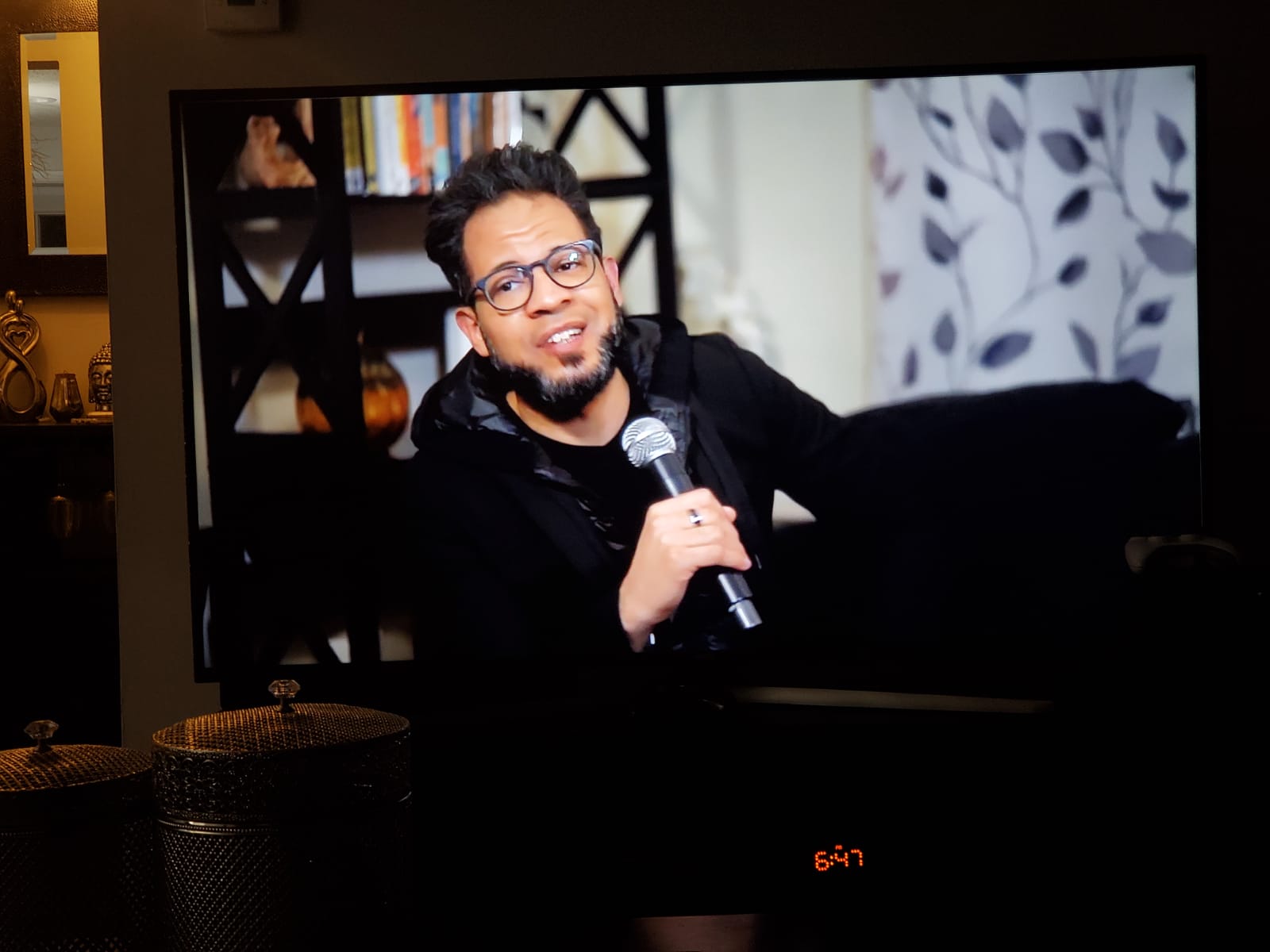
Edwin Rosario Mazara is the producer of the YouTube talk show La Sala Talks. He is also founder of the digital magazine Spanglish Voces. Ama las miles de historias de los desconocidos, “los de abajo” de esta tierra. He loves reading, la música, nature y un buen trago.
